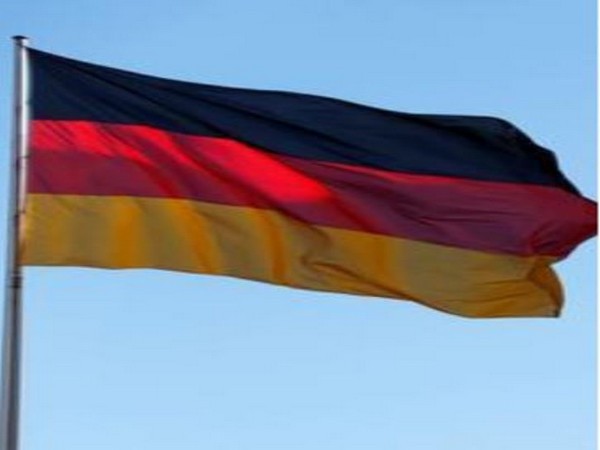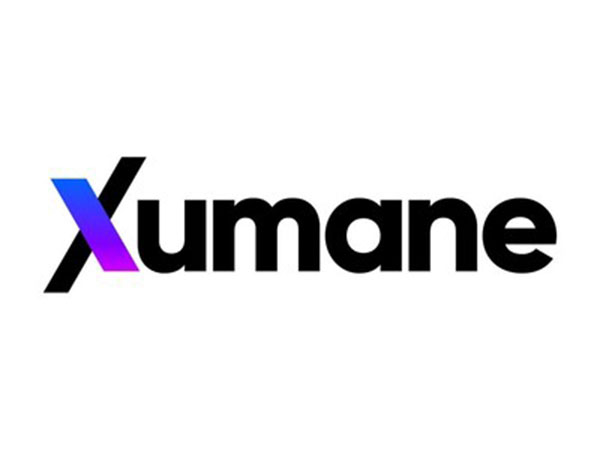
Germany feels the heat after tank resistance
Jan 26, 2023
Berlin [Germany], January 26: Germany held off on sending prized Leopard 2 tanks to assist Ukraine's upcoming offensive until the US also provided Abrams tanks.
It took time, threats and plenty of embarrassment but in the 48th week of the war, Germany joined its allies in pledging its prized battle tank to Ukraine to fight the Russians.
German Chancellor Olaf Scholz on Wednesday announced Berlin will send a company - about 14 - of the Leopards to Kyiv and allow other countries owning them to do the same.
The tanks are meant to help Ukraine mount a new counteroffensive, or rebuff a renewed Russian offensive - whichever comes first.
"Spring and early summer [March-August in Europe] will be decisive in the war. If the big offensive of Russia planned for this time fails, it will be the downfall of Russia and Putin," said Ukraine's deputy military intelligence chief Major-General VadymSkibitskyi.
Even though the number of tanks is far short of what Ukraine requested, Germany consented only after days of pressure from its allies who made it clear Berlin was isolated on the matter.
Western governments have generally been careful not to escalate the conflict by providing weapons only as needed.
On January 14, the United Kingdom broke the taboo on heavy armour, saying it would send a company of its Challenger 2 tanks to Ukraine.
UK Prime Minister Rishi Sunak encouraged other allies to send help. The pressure for tanks fell on Germany because the Leopard is the most mass-produced battle tank in Europe, with some 2,000 spread across 13 countries.
But Germany refused to either send its own tanks or license others to re-export theirs - a necessary legal step.
"Germany does not want to be singled out as the country that has sent the heaviest assault weapons to fight the Russians. This will certainly play into a narrative of a second German invasion into Russia," said George Pagoulatos, director of the Hellenic Foundation of European and Foreign Policy, a think tank in Athens, referring to the Nazi invasion of Russia during World War II.
In part, though, it was the German chancellor's own governing style that was to blame, said MinnaAlander, a research fellow at the Finnish Institute on International Relations.
"There seems to be this problem that Scholz listens only to his circle of long-term advisers, and in their own echo chamber, it seems they have decided this is the right way - being level-headed, sober-minded, not letting yourself be pushed into anything," Alander told Al Jazeera.
Source: Fijian Broadcasting Corporation






